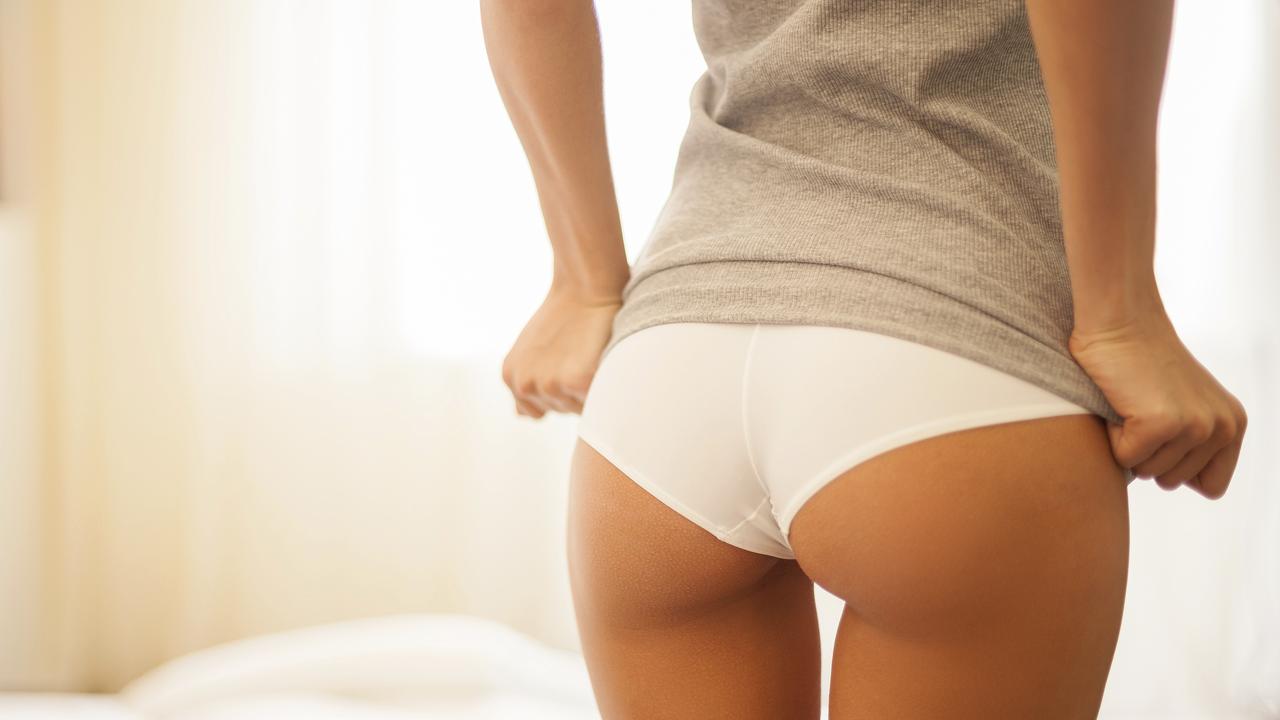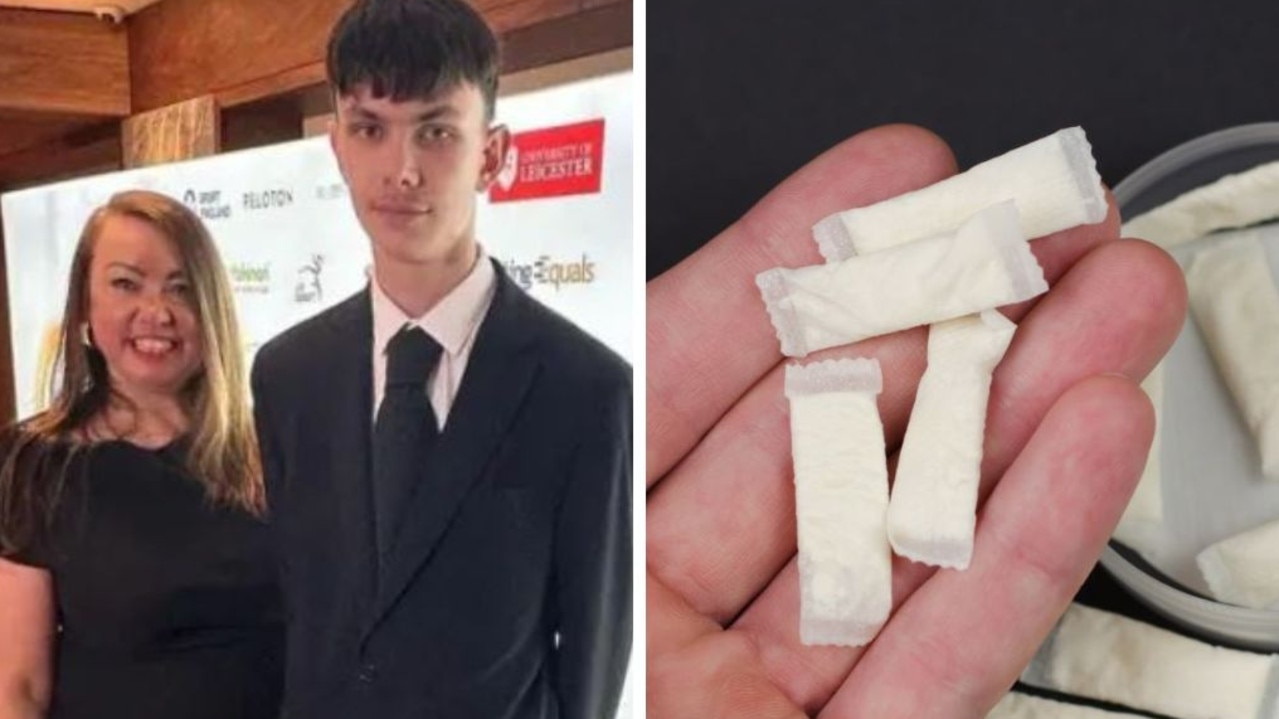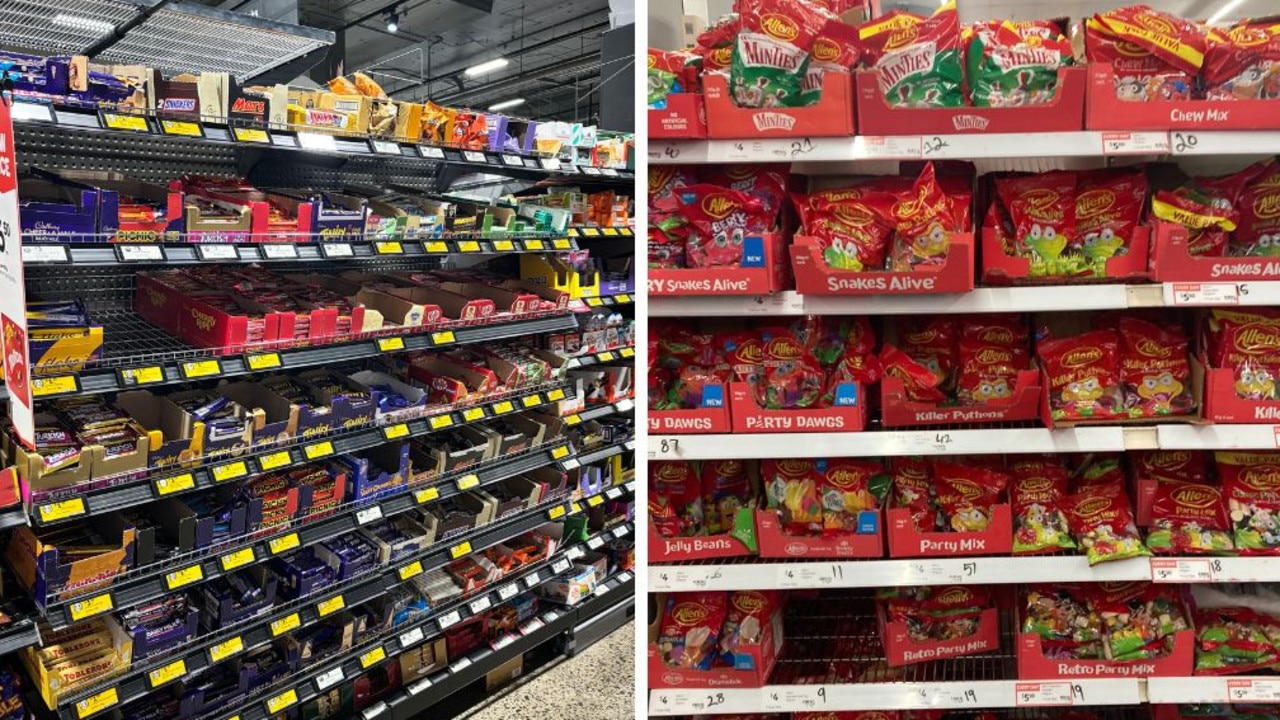It will take seven years of your taxes to pay off this $117,000 pay rise granted by the government
WHILE almost every major health program has suffered cuts or freezes in this year’s Federal Budget, chemists have come out the big winners — with a $117,000-a-year pay rise.

CHEMISTS have a scored an average $117,000 per pharmacy per year pay rise — nearly twice the inflation rate — while every other area of health faces cuts in this year’s Federal Budget.
News Corp has calculated it will take a worker on average earnings six and a half years to pay enough tax to cover the pay increase to one pharmacy under Treasurer Joe Hockey’s new Budget fairness test.
The extremely generous deal cements the Pharmacy Guild of Australia’s reputation as the most powerful lobby group in Australia.
The $18.9 billion five year agreement represents a $3.2 billion increase on the previous five year agreement.
Medicare rebates, meanwhile, have been frozen and an after-hours GP incentive scheme — previously dumped because of rorting — reintroduced.
Dispensing machines
Chemists are paid by the government to dispense medicines under our medicine subsidy scheme the Pharmaceutical Benefits Scheme.
Every five years they reach an agreement that sets out the rates the government will pay them to process prescriptions and provide advice to patients..
This currently includes a pharmacy dispensing fee of $6.76 per script plus a wholesaler mark up and various other fees and charges.
GP FEE IN DISGUISE: Medicare rebate freeze will mean you pay $8 more per visit
Under the previous five year agreement a total of 998.6 million scriptswere dispensed, a 10 per cent increase over five years.
Under the new agreement script volumes are expected to reach a total of 1.2 billion over the next five years — an increase of about 16 per cent.
Patient services
In addition, under the pharmacy agreement the government pays chemists to provide a range of patient services such as patient medicine reviews (the money for this will be $1.2 billion in the new five year agreement).
The previous pharmacy agreement was worth $15.7 billion, the government says the new one is worth $18.9 billion over four years, that’s a $3.2 billion increase or $700 million increase a year.
There are 5,460 pharmacies and this works out to be an average pay rise of $117,000 per pharmacy per year.

It comes at the same time as the government slashes $57 million from public hospitals, cuts funding for the Child Dental health program by $125 million and kids health checks by $145 million.
Medicare the loser
In last weeks Federal Budget the government refused to increase the Medicare rebates for doctor’s visits by even the inflation rate, freezing them at current levels for four years.
The University of Sydney has calculated this will lead to an $8 GP fee by stealth as doctors whose wages and rent bills rise have to start charging patients to keep pace with inflation.
The Australian Medical Association has calculated pharmacies will receive a guaranteed 4.54 per cent increase each year for five years, while medical services get zero increase for the next three years.
The budget says inflation will rise 2.5 per cent a year each year for the next four years.
The deal has outraged the Australian Medical Association president Professor Brian Owler who says its “shows there is one approach for pharmacists and another for everyone else in the health system”.
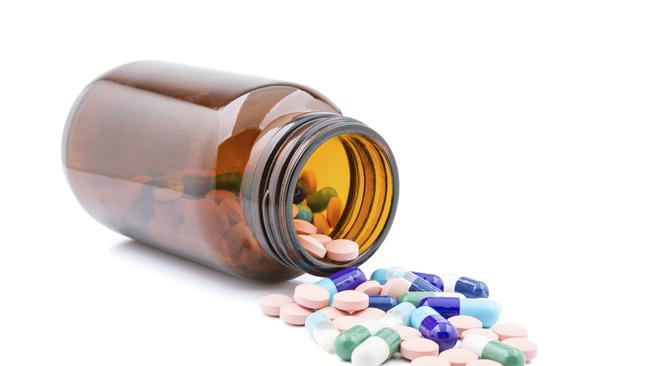
Game of give-and-take
A spokesman for the Pharmacy Guild said the $117,000 pay rise analysis was incorrect.
The Government’s $18.9 billion costing does not account for the negative impacts of removing paracetamol and other over-the-counter medicines from the medicine subsidy scheme or the proposed $1 discounting of the co-payment, he said.
The government will also establish an independent public review of pharmacy location rules, whether supermarkets should sell medicines and have pharmacy programs vetted for cost effectiveness by the medical Services Advisory Committee.
Payments to chemists had in effect already been frozen for the last five years and unlike GPs, who can make the choice to charge more than the Medicare rebate, pharmacies do not have the freedom to charge more than the PBS co-payment, the Pharmacy Guild spokesman said.
Pharmaceutical backlash
Lobby group Medicines Australia is also outraged because its members will suffer a $3 billion cut to medicine prices under other changes the government plans to make to medicine pricing.
“While the Pharmacy Guild was able to secure certainty with a significant increase in funding for their members, the sector that invents and manufactures medicines is being forced to provide more than $3 billion in savings,” Medicines Australia president Tim James says.
Even the Professional Pharmacists of Australia, which represents employee chemists, is concerned only pharmacy owners, not the chemists who provide the service, will benefit from new money for basic health services.
“There’s a risk of fewer medication reviews being performed because the money goes to pharmacy owners — not the frontline employee pharmacist actually performing the reviews,” said Chris Walton.
“The Health Minister should proceed with caution before putting Dracula in charge of the blood bank.”
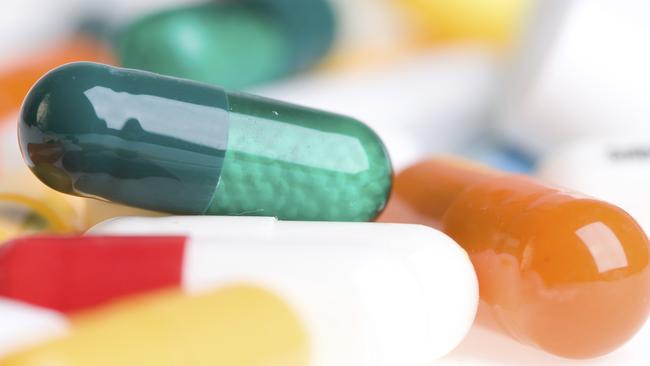
Audit review ‘raises concerns’
A recent Australian National Audit Office review raised serious questions about the expenditure of funds under the previous pharmacy agreement with reports some chemists were claiming a payment for a clinical intervention when they simply sent a text message a script was ready to pick up.
Health Minister Sussan Ley said the Government is pursuing a full package across the entire pharmaceutical supply chain to ensure spending on existing medicines is affordable so we can investment in new lifesaving drugs as well.
“The Community Pharmacy Agreement is one element and we have worked closely with pharmacists and consumers to deliver investment that will help deliver improved and cheaper access to medicines for patients.”
Ms Ley said much of the agreement’s funding was tied to script volumes, which were expected to reach 1.2 billion over the next five years. This was no different to Medicare being linked to the usage of MBS items, she said.
Budget fairness: Hockey
Treasurer Joe Hockey outlined a new budget fairness test in the Sunday Telegraph on the weekend inspired by a Sydney cleaner who wanted to know how many people he was supporting with his tax.
Based on this test it would take a worker on average weekly earnings of $76,000 seven years to pay enough tax ($18,096 tax a year) to cover the pay increase to one pharmacy.
The Government outlined plans to raise the patient charge for prescriptions by $5 in the budget (80 cents for pensioners) but in this new agreement also wants to cut prescription prices.
As previously reported by News Corp the new pharmacy agreement will allow chemists who choose to the ability to discount prescription prices by $1.


